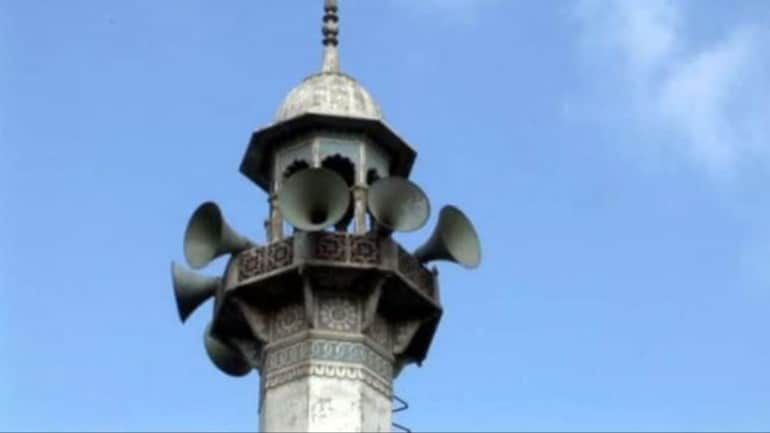
The Karnataka State Board of Auqaf has prohibited the use of loudspeakers between 10 pm and 6 am during azaan for all mosques and dargahs.
According to Karnataka WAQF Board, the decision was taken to stop noise pollution. “It is observed that increasing ambient noise levels around many masjids and dargahs due to generator sets, loudspeakers, and public address systems have deleterious effects on human health and the psychological well-being of the people.
With the aim of maintaining the ambient standards of noise, The Noise Pollution (Regulation and Control) Rules, 2000 are in force. Loudspeakers shall not be used in the night time which shall mean from 10:00 pm to 6:00 am,” the circular states.
As per the circular, any violation would be liable for a penalty. “The area comprising not less than 100 meters around hospitals, educational institutions, and courts have been declared as ‘silence zones’. Whoever uses any sound amplifier, or burst sound-emitting firecrackers, uses a loudspeaker or public address system in the silence zone is liable for penalty under the provisions of Environment (Protection) Act, 1986,”
The Board issued a set of instructions to all the managements of masjids and dargahs
- Loudspeakers shall not be used from 10 pm onwards up to 6 am. 2. Loudspeakers used during day shall be as per ambient air quality standards.
- Loudspeakers shall be used only for azaan and important announcements such as death, timing of burial, the sighting of the moon etc.
- Congregational Salat, Juma Qutba, Bayans, religious, socio-cultural and knowledge-based-functions shall be held with speakers installed in religious premises.
- Noise-governing apparatus may be installed in the institution in consultation with local environment officers.
- The management of institutions shall train muezzin (person who gives a call to prayer) to operational amplifier within the prescribed limit.
- No sound-emitting firecrackers shall be burnt in or around masjid and dargahs on any occasion.
- Open spaces of masjid and dargahs shall be used for the plantation of fruit-bearing shady trees and ornamental plants. 10. Discourage beggary in religious premises, instead, counselling and philanthropic measures may be taken at the institution level.
Meanwhile, the former chairman of the state Waqf Board Anwar Manippady said, “It is a great step towards amiability in the society between the two communities — minorities and majorities.”













